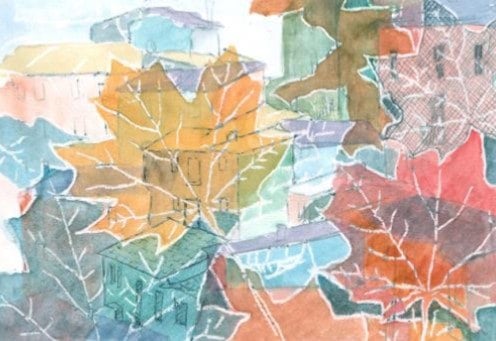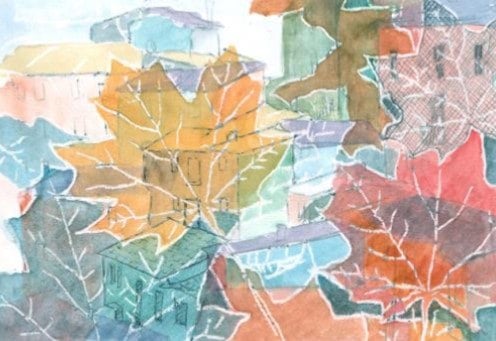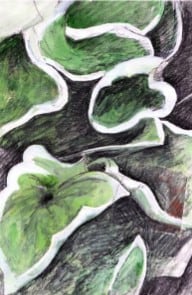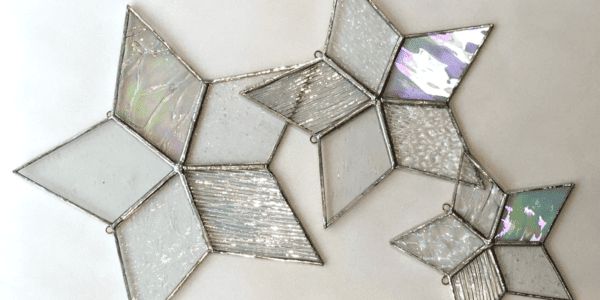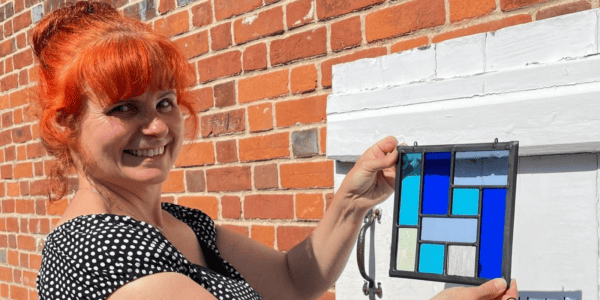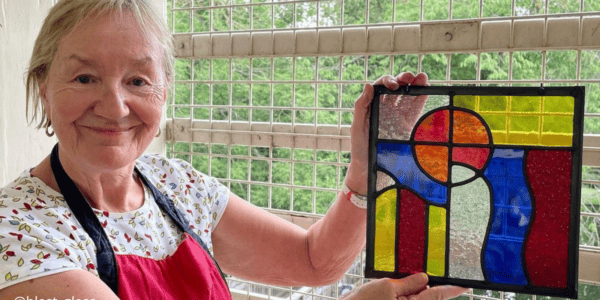Join us for this Mixed Media Methods: Switch and Mix workshop. This drawing and painting day is open to anyone with any amount of experience.
Read more
If you want to widen your skills, this session explores how to switch and mix all kinds of media, and how to distribute them in interesting ways. The session will teach you how to break down the lines, outlines, accents and areas of your subject of interest, and how to place them with the varied media to great effect. Demonstrations, prepared examples and discussions will introduce and guide you.
Refreshments are included, but please bring lunch with you.
About the tutor
Steve has been practicing his art and teaching art in a variety of further education colleges and other contexts for over 25 years. He studied Fine Art at Norwich School of Art andattained a BA (Hons), then later MA in Contemporary Art & Professional Practice at Colchester Institute. He has a wealth of experience from his diverse practice and teaching and great enthusiasm to share his fascination for how pictures can be made differently.
Explore our range of mixed media courses hosted by our engaging tutors and learn from their expertise and skills. Our art courses are a chance to meet like-minded people and a chance to unwind from everyday life. They are a great opportunity to experience the UK’s glorious countryside surrounding our field centres.
What's Included
Refreshments are included, but please bring lunch with you.
Before You Attend
What to Bring
Please bring along some of your own preferred equipment, media and paper (or pad), following along the lists below,as this will help you connect new methods and media to those you know. You may wish to bring your own resource images or/and objectsto work from, or just use those provided. A limited supply of some of these provided items will be available to extend the variety of media and is included in the price.
ESSENTIALS: to select to bring:
- Paper-Any kind including Cartridge, Pastel, or Watercolour papers*
- Watercolours-tubes or pans as preferred
- Pencils-graphite HB, 2B, 6B (or similar at least)
- Eraser
- Sharpener or Craft Knife
- Mixing Palette
- Brushes-sizes 6, or 8 Recommendedthat you have soft brushes made of sable, synthetic, or a sable/synthetic mix for watercolour size 6, 8 or 10 as preferred, and smaller if you like fine details
- Bristle brush (hog hair or similar) sizes 2 or 4 or 6
- Any kind of pen: biro, gel, posca pens, fine liner felt pen (permanent or/& water-soluble)
OPTIONAL: or useful additions:
- Gouache paint or
- Acrylic paint
- Colouring Crayons
- Pastels
- Inks
- Charcoal
- Wax crayons
- Palette knife
- Paper blending stump or Tortillion
- Fixative
PROVIDED: and included in the price for exploratory tests:
- Resource images or/and objects to work from
- Sundries - Masking tape, PVA medium, Chalk, pastels, colouring crayons, felt pens, candle wax, wax crayons, some gouache, pastels,some embossing tools
*Notes for Paper -Standard cartridge paper will be a good basic paper and watercolour papers can be used; You can use separate paper sheets or pads as you prefer. The thickness or weight should be at least 140 gsm or about 65lb, brands vary greatly,so aim for that or eventhicker. The type and thickness can be to your preference with any with finish, Not, Rough or Hot Pressed, but a variety is good.
PURCHASE: on the day:
Permanent black fine liner pens, Water-soluble fine liner pens, Conté pencils (black,sepia, sanguine as available)
Opportunities to attend this course
This course is not currently available to book. Dates will follow soon.
Sign up to our Email Newsletter

